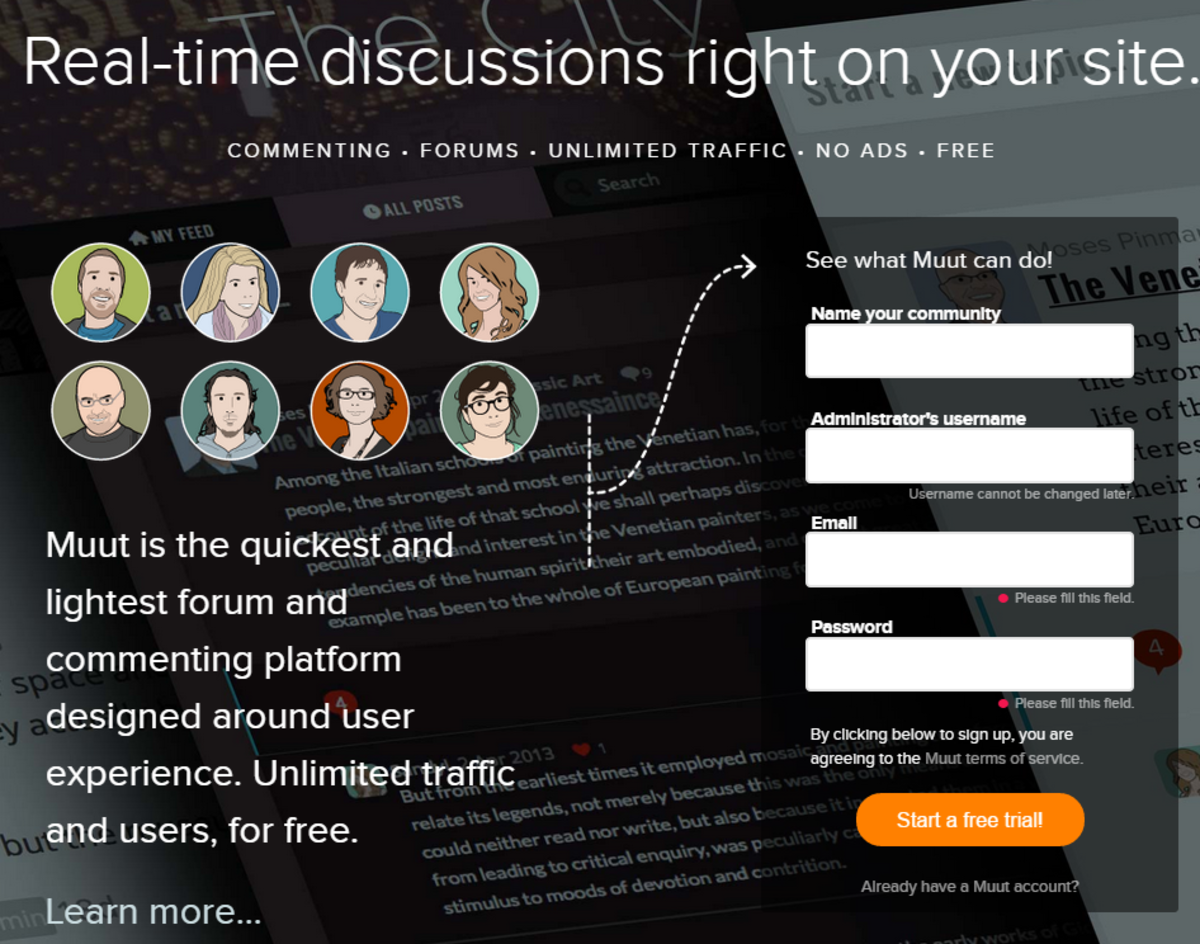“Whenever you see a successful person, you only see the public glories, never the private sacrifices to reach them.” – Vaibhav Shah
Kevin Kruse is one such person. He recently interviewed over 200 ultra-successful people, including 7 billionaires, 13 Olympians, and a host of accomplished entrepreneurs. One of his most revealing sources of information came from their answers to a simple open-ended question:
“What is your number one secret to productivity?”
In analyzing their responses, Kruse coded the answers to yield some fascinating suggestions. What follows are some of my favorites from Kevin’s findings.
1. They focus on minutes, not hours. Most people default to hour and half-hour blocks on their calendar; highly successful people know that there are 1,440 minutes in every day and that there is nothing more valuable than time. Money can be lost and made again, but time spent can never be reclaimed. As legendary Olympic gymnast Shannon Miller told Kevin, “To this day, I keep a schedule that is almost minute by minute.” You must master your minutes to master your life.
2. They focus on only one thing. Ultra-productive people know what their “Most Important Task” is and work on it for one to two hours each morning, without interruptions. What task will have the biggest impact on reaching your goals? What accomplishment will get you promoted at work? That’s what you should dedicate your mornings to every day.
3. They don’t use to-do lists. Throw away your to-do list; instead schedule everything on your calendar. It turns out that only 41% of items on to-do lists ever get done. All those undone items lead to stress and insomnia because of the Zeigarnik effect, which, in essence, means that uncompleted tasks will stay on your mind until you finish them. Highly productive people put everything on their calendar and then work and live by that calendar.
4. They beat procrastination with time travel. Your future self can’t be trusted. That’s because we are time inconsistent. We buy veggies today because we think we’ll eat healthy salads all week; then we throw out green rotting mush in the future. Successful people figure out what they can do now to make certain their future selves will do the right thing. Anticipate how you will self-sabotage in the future, and come up with a solution today to defeat your future self.
5. They make it home for dinner. Kevin first learned this one from Intel’s Andy Grove, who said, “There is always more to be done, more that should be done, always more than can be done.” Highly successful people know what they value in life. Yes, work, but also what else they value. There is no right answer, but for many, these other values include family time, exercise, and giving back. They consciously allocate their 1,440 minutes a day to each area they value (i.e., they put them on their calendar), and then they stick to that schedule.
6. They use a notebook. Richard Branson has said on more than one occasion that he wouldn’t have been able to build Virgin without a simple notebook, which he takes with him wherever he goes. In one interview, Greek shipping magnate Aristotle Onassis said, “Always carry a notebook. Write everything down... That is a million dollar lesson they don’t teach you in business school!” Ultra-productive people free their minds by writing everything down as the thoughts come to them.
7. They process e-mails only a few times a day. Ultra-productive people don’t “check” their e-mail throughout the day. They don’t respond to each vibration or ding to see who has intruded into their inbox. Instead, like everything else, they schedule time to process their e-mails quickly and efficiently. For some, that’s only once a day; for others, it’s morning, noon, and night.
8. They avoid meetings at all costs. When Kevin asked Mark Cuban to give his best productivity advice, he quickly responded, “Never take meetings unless someone is writing a check.” Meetings are notorious time killers. They start late, have the wrong people in them, meander around their topics, and run long. You should get out of meetings whenever you can and hold fewer of them yourself. If you do run a meeting, keep it short and to the point.
9. They say “no” to almost everything. Billionaire Warren Buffet once said, “The difference between successful people and very successful people is that very successful people say ‘no’ to almost everything.” And James Altucher colorfully gave Kevin this tip: “If something is not a ‘Hell Yeah!’ then it’s a no.” Remember, you only have 1,440 minutes in a day. Don’t give them away easily.
10. They follow the 80/20 rule. Known as the Pareto Principle, in most cases, 80% of results come from only 20% of activities. Ultra-productive people know which activities drive the greatest results. Focus on those and ignore the rest.
11. They delegate almost everything. Ultra-productive people don’t ask, “How can I do this task?” Instead, they ask, “How can this task get done?” They take the I out of it as much as possible. Ultra-productive people don’t have control issues, and they are not micro-managers. In many cases, good enough is, well, good enough.
12. They touch things only once. How many times have you opened a piece of regular mail—a bill perhaps—and then put it down, only to deal with it again later? How often do you read an e-mail and then close it and leave it in your inbox to deal with later? Highly successful people try to “touch it once.” If it takes less than five or ten minutes—whatever it is—they deal with it right then and there. It reduces stress, since it won’t be in the back of their minds, and it is more efficient, since they won’t have to re-read or re-evaluate the item again in the future.
13. They practice a consistent morning routine. Kevin’s single greatest surprise while interviewing over 200 highly successful people was how many of them wanted to share their morning ritual with him. While he heard about a wide variety of habits, most nurtured their bodies in the morning with water, a healthy breakfast, and light exercise, and they nurtured their minds with meditation or prayer, inspirational reading, or journaling.
14. Energy is everything. You can’t make more minutes in the day, but you can increase your energy to increase your attention, focus, and productivity. Highly successful people don’t skip meals, sleep, or breaks in the pursuit of more, more, more. Instead, they view food as fuel, sleep as recovery, and breaks as opportunities to recharge in order to get even more done.
Kevin Kruse is one such person. He recently interviewed over 200 ultra-successful people, including 7 billionaires, 13 Olympians, and a host of accomplished entrepreneurs. One of his most revealing sources of information came from their answers to a simple open-ended question:
“What is your number one secret to productivity?”
In analyzing their responses, Kruse coded the answers to yield some fascinating suggestions. What follows are some of my favorites from Kevin’s findings.
1. They focus on minutes, not hours. Most people default to hour and half-hour blocks on their calendar; highly successful people know that there are 1,440 minutes in every day and that there is nothing more valuable than time. Money can be lost and made again, but time spent can never be reclaimed. As legendary Olympic gymnast Shannon Miller told Kevin, “To this day, I keep a schedule that is almost minute by minute.” You must master your minutes to master your life.
2. They focus on only one thing. Ultra-productive people know what their “Most Important Task” is and work on it for one to two hours each morning, without interruptions. What task will have the biggest impact on reaching your goals? What accomplishment will get you promoted at work? That’s what you should dedicate your mornings to every day.
3. They don’t use to-do lists. Throw away your to-do list; instead schedule everything on your calendar. It turns out that only 41% of items on to-do lists ever get done. All those undone items lead to stress and insomnia because of the Zeigarnik effect, which, in essence, means that uncompleted tasks will stay on your mind until you finish them. Highly productive people put everything on their calendar and then work and live by that calendar.
4. They beat procrastination with time travel. Your future self can’t be trusted. That’s because we are time inconsistent. We buy veggies today because we think we’ll eat healthy salads all week; then we throw out green rotting mush in the future. Successful people figure out what they can do now to make certain their future selves will do the right thing. Anticipate how you will self-sabotage in the future, and come up with a solution today to defeat your future self.
5. They make it home for dinner. Kevin first learned this one from Intel’s Andy Grove, who said, “There is always more to be done, more that should be done, always more than can be done.” Highly successful people know what they value in life. Yes, work, but also what else they value. There is no right answer, but for many, these other values include family time, exercise, and giving back. They consciously allocate their 1,440 minutes a day to each area they value (i.e., they put them on their calendar), and then they stick to that schedule.
6. They use a notebook. Richard Branson has said on more than one occasion that he wouldn’t have been able to build Virgin without a simple notebook, which he takes with him wherever he goes. In one interview, Greek shipping magnate Aristotle Onassis said, “Always carry a notebook. Write everything down... That is a million dollar lesson they don’t teach you in business school!” Ultra-productive people free their minds by writing everything down as the thoughts come to them.
7. They process e-mails only a few times a day. Ultra-productive people don’t “check” their e-mail throughout the day. They don’t respond to each vibration or ding to see who has intruded into their inbox. Instead, like everything else, they schedule time to process their e-mails quickly and efficiently. For some, that’s only once a day; for others, it’s morning, noon, and night.
8. They avoid meetings at all costs. When Kevin asked Mark Cuban to give his best productivity advice, he quickly responded, “Never take meetings unless someone is writing a check.” Meetings are notorious time killers. They start late, have the wrong people in them, meander around their topics, and run long. You should get out of meetings whenever you can and hold fewer of them yourself. If you do run a meeting, keep it short and to the point.
9. They say “no” to almost everything. Billionaire Warren Buffet once said, “The difference between successful people and very successful people is that very successful people say ‘no’ to almost everything.” And James Altucher colorfully gave Kevin this tip: “If something is not a ‘Hell Yeah!’ then it’s a no.” Remember, you only have 1,440 minutes in a day. Don’t give them away easily.
10. They follow the 80/20 rule. Known as the Pareto Principle, in most cases, 80% of results come from only 20% of activities. Ultra-productive people know which activities drive the greatest results. Focus on those and ignore the rest.
11. They delegate almost everything. Ultra-productive people don’t ask, “How can I do this task?” Instead, they ask, “How can this task get done?” They take the I out of it as much as possible. Ultra-productive people don’t have control issues, and they are not micro-managers. In many cases, good enough is, well, good enough.
12. They touch things only once. How many times have you opened a piece of regular mail—a bill perhaps—and then put it down, only to deal with it again later? How often do you read an e-mail and then close it and leave it in your inbox to deal with later? Highly successful people try to “touch it once.” If it takes less than five or ten minutes—whatever it is—they deal with it right then and there. It reduces stress, since it won’t be in the back of their minds, and it is more efficient, since they won’t have to re-read or re-evaluate the item again in the future.
13. They practice a consistent morning routine. Kevin’s single greatest surprise while interviewing over 200 highly successful people was how many of them wanted to share their morning ritual with him. While he heard about a wide variety of habits, most nurtured their bodies in the morning with water, a healthy breakfast, and light exercise, and they nurtured their minds with meditation or prayer, inspirational reading, or journaling.
14. Energy is everything. You can’t make more minutes in the day, but you can increase your energy to increase your attention, focus, and productivity. Highly successful people don’t skip meals, sleep, or breaks in the pursuit of more, more, more. Instead, they view food as fuel, sleep as recovery, and breaks as opportunities to recharge in order to get even more done.


















